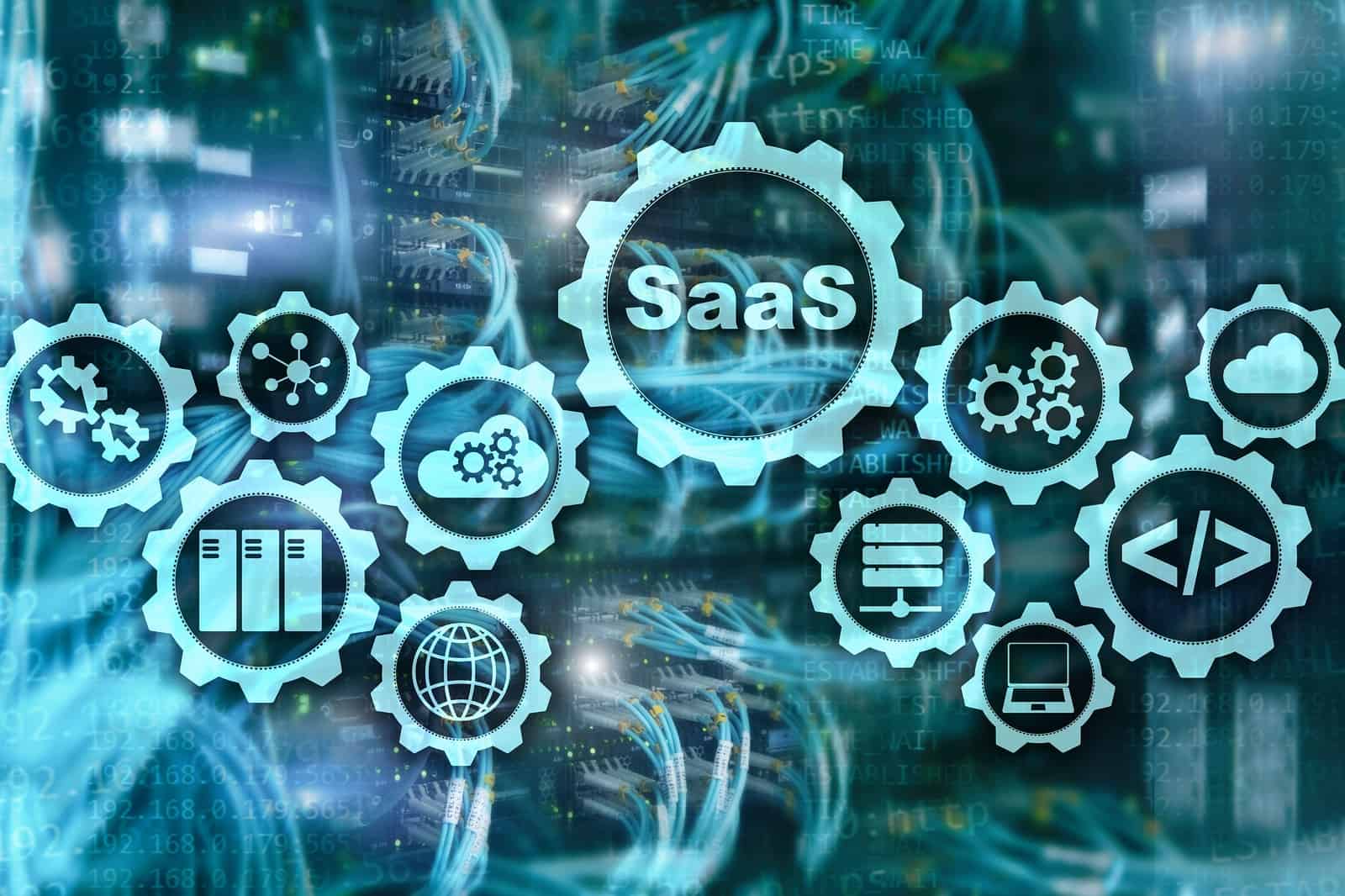Connect SaaS Services Across Your Organization
Actian Corporation
May 15, 2019

Increasingly, companies are embracing the use of SaaS and other cloud services to give their employees the feature-rich capabilities they require at an affordable cost. IT leaders are finding it much more efficient to buy IT services already built than to build and operate them internally.
Buying SaaS solutions and other technology capabilities from 3rd parties does not eliminate the need and importance of your IT organization and its staff. On the contrary, it makes the role of IT more important than ever. SaaS applications may come and go, but the holistic integrity of your company’s IT systems, policy control, governance, security and consistency of user interfaces and integrated data your company produces must be maintained.
It has been stated many times during the past few years that “IT organizations are transitioning from being design/build shops to being brokers of services from 3rd parties.” If you look throughout your company, then you will likely see signs of the truth of this statement. Hardware manufacturers build the devices with which users interact. Telecom companies manage the networks they use to connect with each other and company resources. Third parties even develop the business applications used to manage sales processes, manufacturing and HR tasks.
When a company builds all its IT applications in-house, it has full control of what data is created, where it is stored, how it is managed and who can use it. Data is the lifeblood of a company’s business processes and a strategic asset for achieving profitability and a sustainable competitive advantage. SaaS applications (by design) are self-contained islands of IT capabilities with pre-defined data structures and a limited set of integration options (for simplicity and security).
Unfortunately, a single SaaS application supports few business processes, but rather they use a set of applications linked into workflows and leveraging each other’s data.
While your company’s IT staff may not spend as much time and effort developing the building-block-technology components when SaaS is involved, they are likely to spend considerably more time focusing on integrating the SaaS capabilities with other systems. One of the biggest challenges is data integration. There are two primary types of data integrations that must be managed with SaaS applications.
- Transactional Integrations
These are the business workflows that pull data from source systems and push data to downstream systems, enabling end-to-end business processes to function. Transactional integrations are also important for establishing a consistent user experience for your staff. Digital transformation of business has increased the need for integrated transactional workflows and the frictionless flow of information among transactional systems. - Data Aggregation
In addition to the operational transactions that use your IT systems, SaaS software is the source for much of your enterprise data that is needed for analytics, reporting and harvesting actionable business insights to improve operations. To perform analytics effectively, companies will often transfer (copy) data from the various source systems into a data warehouse where it can be aggregated, integrated and further refined.
SaaS services are making IT’s data integration challenges more difficult. Service providers host and manage most SaaS components – including the underlying data stores. Similarly to the speed at which SaaS services can be added to the company’s IT ecosystem, they can leave the ecosystem just as fast when a business decides it wants something new.
Just because the software is no longer needed, doesn’t mean data that was created can vanish. Software and hardware may be disposable, but data is a durable asset with enduring business value.
Companies are addressing the data integration challenges of SaaS services by using an integration platform (like Actian Data Connect) that can connect to all the various data sources across the IT environment and serve as a data-integration hub to facilitate the efficient exchange of data between systems. Once the data in SaaS systems is unlocked through an integration platform, it can be easily connected to other transactions and replicated to an enterprise data warehouse for analysis.
The shift towards SaaS and other cloud services is projected to continue as the IT marketplace becomes more specialized and companies realize the value these components contribute to their business agility goals. Actian Data Connect can help you embrace the use of SaaS within your company by giving you the tools you need to integrate your data. To learn more, visit www.actian.com/dataconnect.
Subscribe to the Actian Blog
Subscribe to Actian’s blog to get data insights delivered right to you.
- Stay in the know – Get the latest in data analytics pushed directly to your inbox
- Never miss a post – You’ll receive automatic email updates to let you know when new posts are live
- It’s all up to you – Change your delivery preferences to suit your needs